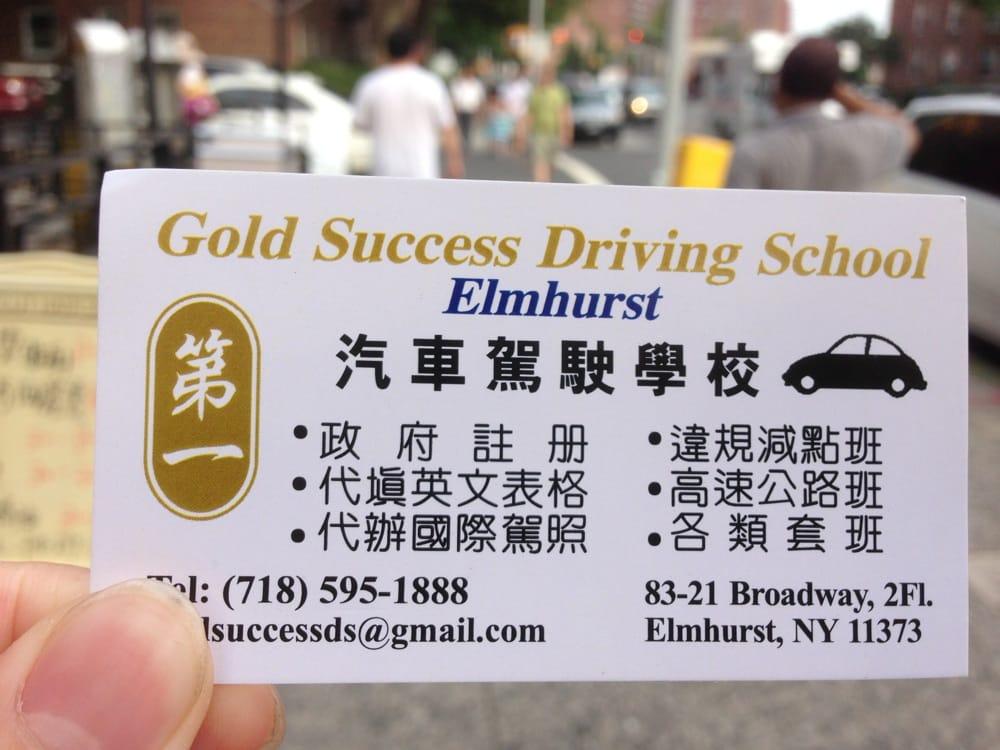Transport plays a significant role in our lives. Even if you live in a distant place, you must leave the house once or twice per week to acquire supplies. For those who study or work, commuting is typically a regular occurrence. A driver's license is a coveted credential that grants the privilege of driving. However, are there any advantages to learning to drive besides the ability to travel from A to B?
The Advantages of Driving
Driving sharpens the mind
Performing many tasks while driving promotes neuroplasticity. Basic driving requires coordinating your hands and feet to steer and operate the pedals simultaneously. Add to that listening to music, observing other drivers, following navigation instructions, and drinking coffee, and your brain is conditioned to comprehend vast quantities of information simultaneously.
As you learn new driving routes, envision how different roads connect, and determine the quickest route, your memory and ability to comprehend and store visual information increase. A study of taxi driver trainees revealed that memorizing the streets of London led to the growth of the hippocampus and higher cognitive abilities, including spatial memory.
Driving provides movement and comfort
Most people learn to drive primarily because it provides mobility. Instead of waiting for public transportation in the cold and wet after a long day of work, you may just hop in your car and drive home. Aside from daily commutes, driving makes it easier to make quick journeys, such as to the supermarket or the veterinarian.
Additionally, your vehicle has greater space. It can accommodate a number of people and a substantial amount of shopping. Instead of carrying heavy groceries to the bus stop or using the train with children, you can put everyone and everything into your automobile. In addition, you have the flexibility to make many stops and pick up groceries, the children, and dinner in a single journey.
Driving gives autonomy, privacy, and safety
There is a reason why earning a driver's license is a rite of passage for many adolescents and young adults. Driving develops a sense of responsibility and independence by removing the need to rely on parents or family members who are preoccupied. Learning how to maintain a vehicle and handle automotive expenses is beneficial in preparation for adult duties.
When you travel public transportation, your daily routine is readily accessible to other passengers. The drivers of rental cars are aware of your residence and can listen to your talks. People who treasure their privacy are better off driving. Having a private car can also give those who must travel at night or along secluded routes a greater sense of security.
You might save money
With current gas costs, car ownership and maintenance may appear expensive. However, for many residents of places with limited public transportation alternatives, driving might be a significantly more affordable option than hiring private taxis. In addition, there are several alternatives to acquire a vehicle without breaking the bank, such as purchasing a used vehicle or sharing the family automobile.
You may obtain a job
After passing your driver's examination, your license is permanent. This license can be useful when searching for a job. In the event that they need to make an emergency delivery or meet a client in a hurry, many businesses choose to hire certified drivers. In addition, you have the option of becoming an Uber driver in your leisure time.
How to Become a Driver
A valid driver's license is required to operate a motor vehicle in the United States. The state in which you reside issues licenses, and the procedures and requirements differ per state. Typically, you can begin driver's instruction at the age of 14. Download or purchase the state-specific driver's manual from your local DMV.
Generally, you can apply for your learner's permit between 14 and 16 years of age. Before you may apply for a learner's license, the majority of states, including California, will need you to finish a state-approved driver's education course or basic knowledge exam. From this point on, it is advised that you choose a trustworthy driving school and online driver's education resource.
You can take driving lessons and accrue the minimum number of supervised driving hours with a learner's permit. You can apply for your provisional driver's license once you have fulfilled the prerequisites and achieved the minimum age for your state.
To obtain a provisional driver's license, you must pass a comprehensive written examination and a driving skills examination. There are restrictions on the provisional driver's license, such as passenger limits and driving hours. In some states, you can obtain a full license at the age of 16 and 6 months, whereas in others you must be 18 years old. After obtaining a full license, you are good to go.
